Since launching what is now known as “Comedy Writing for Revenue Teams” in 2017, there’s been a lot of misconceptions around what I do.
1) “You’re a sales comedian? It’s be great if you could perform stand-up about sales – and only sales – at our next meeting. The team would LOVE that!”
2) “He’ll make us funny.”
3) “You teach the skills and processes that stand-up comics use to connect with audiences so sellers can better connect with theirs’? That’s great – I *LOVE* improv!!!”
I’m bad at holding things in, so if you already understand the distinction I’m about to underline please forgive me. Hopefully, this post will entertain as it patronizes.
Any stand-up comic will tell you that mankind is divided into two kinds of people:
1) Those addicted to making strangers laugh
2) Those who aren’t.
Stand-up comedians are a rare breed. They buck societal conventions when they take the stage. A lot of them buck conventions off it. If something needs a good bucking, comedians are up to the task.
As a result, stand-ups feel a kinship with one another. They experience things only their fellow stand-ups can relate to, like how logical, mundane observations morph into hilarious absurdities; the ebbs & flows of a crowd’s attention & energy, and the heckler who thinks they’re the talent everyone paid to see, but will never get on a stage to prove it. Stand-up’s the only career where some people pay a fee to prevent you from doing your job – and it’s tolerated.
Occasionally, when I tell a new acquaintance that I sold for 12 years and have performed stand-up for 11, they’ll mention “My friend is also a comedian – they do improv!”
While improv is (not isn’t necessarily) a form of comedy, that’s like saying “Oh, you’re a beekeeper? My friend’s a dairy farmer, so I know all about that”.
Sure, both revolve around getting sustenance from living things, but each one poses a different set of skills and risks.
To the practitioners, the “stand-up vs. improv” debate is more polarising than the stuff sunglasses lenses are coated with, and by “practitioners” – I mean “stand-up comics” (improv people don’t stress over this because they’re too distracted by positivity and pushing things forward).
Stand-up comics and improv performers are very different breeds, with three key differences to underline:
1) Stand-ups are onstage alone, whereas improv folks are onstage with 2-3 other teammates.
2) Stand-ups are (mainly) scripted and rehearsed. Some might go off-script to talk to the audience, comment on their surroundings, or deal with a heckler, but stand-up comedy wouldn’t exist as a craft if comics didn’t create messages that impressed relevant, relatable key points and perspectives on our audiences about ideas, things, and events that trigger emotional reactions.
For stand-ups to succeed, we must:
a) Understand audiences. Sure, they change from show to show, but we need to have our pulse on society’s general pains, frustrations, fears, wants, needs, and loves.
b) Package up our takes on topics that will elicit emotional reactions from audiences.
c) Be relevant/relatable – otherwise, there can’t be an emotional connection.
When new material inevitably fails, we iterate it by paring it down or expanding it where necessary, and deliver that same message the next time onstage.
By contrast, improv teams create unscripted stories – on the spot – which disappear the moment they’re completed, all to never be recreated again.
3) Did I mention that improv folks are positive?
Improv teaches skills valuable for any salesperson, with the big one being listening.
Listening to our prospects allows us to understand their needs, and determine whether or not our product/service can help them address those needs, saving salespeople time in the process.
Spewing out features and functions as a non-sequitur to info prospects’ convey kills deals.
Improv also fosters being in the moment, trust, teamwork, and positivity. If you want to be a dour jerk or don’t listen to your prospects’ needs, it’s probably not too late for some other career (unless you’ve gotten into sales because you’ve failed at everything else).
That said, there’s a reason why humans prefer generally prefer a catchy, crafted song to free-form jazz, and why a band will open up with a huge, crowd-pleasing hit to start their concerts.
When a comedian opens their set with a proven, gut-busting opening joke they earn the crowd’s attention and gives them the trust, respect, & attention they need in order to get their other messages across – within their first 15 seconds onstage.
Their messaging is typically crafted, rehearsed, and delivered with a certain cadence & timing. The challenge for the stand-up (or salesperson) is to keep showing the audience that they relate and understand, or to show them something they had never even considered. They need that attention to get their carefully-worded (and thought-out) messaging across.
When I sold software, and once those needs were known, I delivered a fairly scripted performance that was tailored to my prospect’s situation and which I adapted to my own style. I opened a certain way, closed a certain way, and in the middle came a demonstration, where the prospect was shown (by a sales engineer) a carefully customized demonstration designed to show exactly how their needs will be met.
The repetition of common sales objectives allows the rep to become quicker and sharper at handling them. If a prospect’s needs are understood and addressable by the vendor, the conversations shouldn’t stray too far from certain norms.
Both stand-up & improv teach sellers valuable skills, but each has very different applications. On the other hand, beekeeping lessons will not help you close more business, unless you’re selling honey.
Not yet receiving this kind of swell content directly to your inbox? You know what to do.
If your company exhibits at trade shows and struggles to engage visitors to your booth or drive traffic to it, an introduction to your marketing leadership would be a win-win-win. Check my “Humor-as-a-Service” to see we get the ball rolling.

